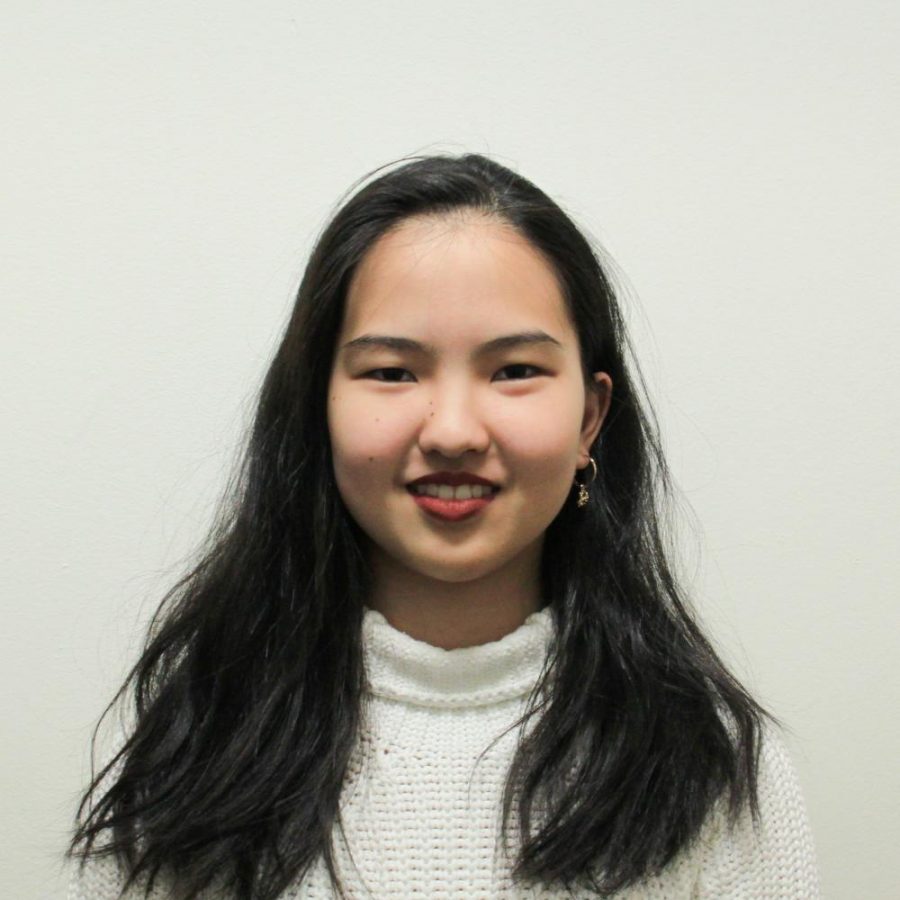I spent days following the Atlanta shooting scrolling Twitter, cynically observing the shared rage of my community, the official coverage uncritically regurgitating quotes from the gunman and police and the expected ignorant takes and unfunny jokes. I’m tired, frustrated and bitter.
But this tweet by Dr. Eugene Gu especially made my blood boil.
A white supremacist murdered eight Asian Americans and the media makes it seem like they were just massage parlor sex workers rather than human beings with families and loved ones and hopes and dreams that were brutally cut short. We don’t even know their names. #StopAsianHate
— Eugene Gu, MD (@eugenegu) March 17, 2021
This tweet stopped me in my tracks. Massage parlor sex workers are also human beings — those are not mutually exclusive concepts. Dr. Gu doesn’t challenge the media’s assumption that those massage parlor workers are automatically sex workers by the nature of their work. Even if they were sex workers, Despite being Asian himself, Dr. Gu creates a false dichotomy with his word choice of “rather” that dehumanizes sex workers.
I expected better from an Asian person. This is a harsh reminder that the intersection of gender and race is an ugly obstacle to solidarity, and the Asian community is not a monolith. Asian women experience a gendered racism, and the path to understanding that is intertwined with the history of Asian women’s labor.
As the grassroots Asian and migrant sex worker collective Red Canary Song stated, “Whether or not they were actually sex workers or self-identified under that label, we know that as massage workers, they were subjected to sexualized violence stemming from the hatred of sex workers, Asian women, working class people, and immigrants.”
The gunman claimed that he acted out of “sexual addiction” as if that would justify murder, as if that would free him from the racist act he committed, as if that would absolve him of his crime. He freely admitted that he saw those spas as “a temptation for him that he wanted to eliminate.”
Law enforcement and media outlets then took him at his word and concluded race was not involved, as if the sexualization of Asian women is not inherently tied to both race, gender and the type of labor that many Asian women are forced to do.
Afong Moy, the first recorded Chinese woman in America, was paraded as exotic entertainment from the Orient. The 1875 Page Act targeted “immoral” Asian women under suspicion of prostitution or polygamy, although Asian men were still allowed to migrate in limited numbers as physical laborers.
The Page Act preceded the more well-known 1882 Chinese Exclusion Act, which is often cited as a pillar of Asian immigration history. The long American history of war brides, mail-order brides, as well as the racist conceptions of nail techs and massage workers cannot be ignored in our understanding of the racism faced by Asian women. Both the lack and the presence of work that Asian women are encouraged and expected to do in this country are complicated issues that are not separate from our identities as Asian Americans and as women.
Even if they had the presence of mind to spotlight Asian American women journalists, many prominent newspapers have not mentioned reaching out to local Korean residents that live and work in the area of the shooting. In their initial coverage, the NYT, the BBC, or NPR, did not mention the names of Julie Park and Hyun-jung Kim, two victims who were identified by a local Korean paper. No prominent outlets noted a witness account that police visited nearby Korean businesses and said “there’s a shooter who will kill all Asians.” The work of these local journalists is being ignored.
Some of the victims lived at their workplace. Some served food or acted as hosts, and the commodification and sexualization of Asian women’s labor ultimately killed them. I see people trying to appeal for more awareness of Asian American issues with tweets saying things like “If you watch anime/if you like K-pop/if you drink bubble tea, you should care about anti-Asian hate crimes” — are we only valuable as commodities? Are we only meant to occupy space as a product, as a service?
We need more people who claim to care about the Asian community to actively care about our most vulnerable members. Act and advocate for the 33 Vietnamese immigrants and refugees who were deported this week despite arriving before 1995, the sex workers, the Chinatown elderly, and the people in poverty: all of whom can’t depend on the carceral state for protection.
For those of you agitating for hate crime legislation or increased policing, stop. None of that is helpful — we need to depend on each other. We must examine our complicated history and identity through an intersectional analysis of race, gender and labor.
Support grassroots local mutual aid networks like Butterfly, Red Canary Song, and SWAN. Pay attention to what’s happening on the ground, follow NAPAWF and CAAAV, attend vigils and rallies. Most importantly, commit to the solidarity that we need.
Email Alexandra Chan at achan@nyunews.com.

























































































































































